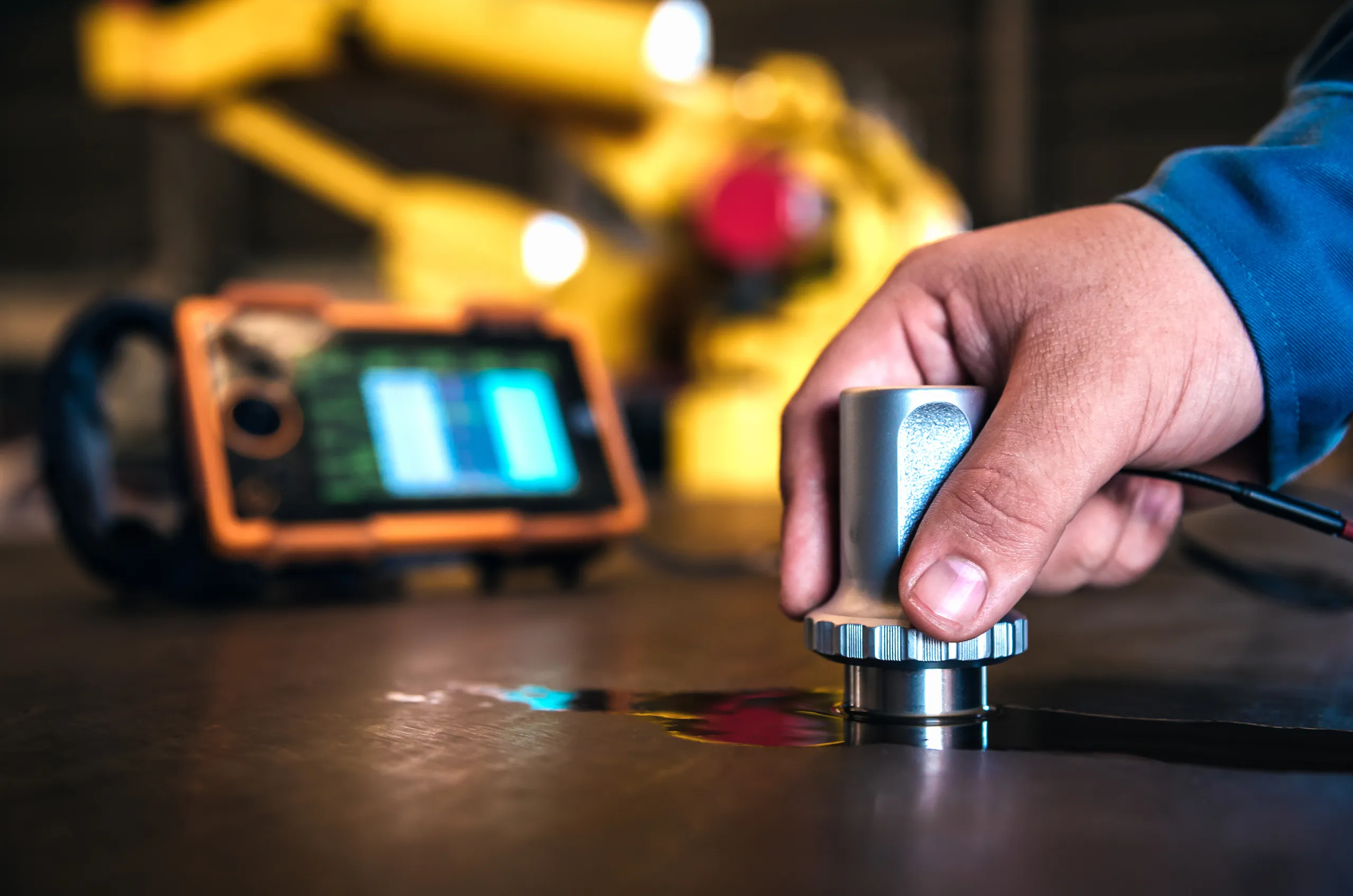FMVSS 301 Fuel System Non Destructive Leak Testing
The FMVSS (Federal Motor Vehicle Safety Standards) 301 test is a critical safety measure for fuel systems in automobiles. This standard ensures that the fuel system of passenger vehicles and trucks is leak-free, thereby preventing potential hazards such as fuel fires or explosions. Non-destructive testing methods are employed to inspect these systems without causing damage to them.
FMVSS 301 specifies a series of tests that must be conducted on fuel tanks, lines, and other components to ensure they meet the required safety standards. These tests aim to identify any potential leaks or weaknesses in the fuel system, which could lead to dangerous situations if left unaddressed. The test is particularly important for passenger vehicles as well as commercial trucks where even minor issues can have severe consequences.
Non-destructive testing (NDT) techniques are chosen because they allow us to inspect the integrity of materials and structures without altering them in any way. Common NDT methods used for FMVSS 301 compliance include ultrasonic testing, radiographic examination, and liquid penetrant inspection among others. Each technique has its strengths and limitations depending upon the specific requirements set forth by the standard.
Compliance with this regulation is mandatory under US law; failure to meet these standards could result in significant penalties for manufacturers or importers of vehicles sold within North America. It's essential for quality managers, compliance officers, R&D engineers involved directly with automotive manufacturing processes as well as procurement professionals who ensure supplies adhere strictly to regulatory requirements.
Understanding the nuances behind FMVSS 301 can help stakeholders better appreciate why adhering to this standard is crucial for maintaining public safety while also ensuring efficient production processes across industries related to automobiles. By implementing proper testing protocols early in development cycles, companies can minimize risks associated with non-compliance and improve overall product reliability.
To summarize, FMVSS 301 requires manufacturers of vehicles to demonstrate that their fuel systems are free from leaks through rigorous non-destructive testing procedures. These tests play an integral role in safeguarding consumers by reducing the likelihood of accidents caused by compromised fuel components. Employing reliable laboratories equipped with advanced equipment and experienced personnel ensures accurate results that meet all relevant codes and standards.
Why It Matters
The FMVSS 301 fuel system non-destructive leak testing is crucial for ensuring the safety of vehicles on roads worldwide. This type of testing helps prevent catastrophic failures in automotive fuel systems, which could lead to fires or explosions if left undetected. Such incidents pose significant risks not only to drivers but also bystanders and surrounding infrastructure.
- Reduces risk of fuel-related accidents
- Ensures compliance with international safety regulations
- Promotes trust among consumers regarding vehicle reliability
- Supports efficient supply chain management by verifying component quality early in the manufacturing process
- Aids in meeting insurance requirements for safer vehicles on public roads
- Encourages innovation within the automotive industry through continuous improvement practices based on rigorous testing standards
The importance of FMVSS 301 cannot be overstated given its direct impact on human life and property protection. By adhering to these stringent testing procedures, manufacturers contribute significantly towards creating safer environments for everyone involved in transportation.
Scope and Methodology
| Test Procedure | Description |
|---|---|
| Visual Inspection | Involves examining the fuel system visually for any visible signs of damage, deformities, or obvious leaks. |
| Pressure Testing | Requires applying pressure to the fuel lines and tanks under controlled conditions to observe whether there are any leaks at designated points. |
| Ultrasonic Testing | Utilizes high-frequency sound waves to detect internal flaws within the structure of fuel components without causing physical alteration. |
| Radiographic Examination | Involves using X-rays or other forms of electromagnetic radiation to produce images that reveal internal defects in fuel system parts. |
The scope of FMVSS 301 encompasses various aspects of the automotive fuel system, including but not limited to fuel tanks, lines, couplings, and related components. The methodology involves multiple stages designed to comprehensively assess each element's integrity throughout its lifecycle. From initial design reviews through final assembly inspections, every stage is subject to stringent scrutiny aimed at identifying potential hazards before they become actual risks.
It is imperative that laboratories performing these tests adhere strictly to established guidelines outlined in FMVSS 301 and relevant international standards such as ISO/IEC 17025. Strict adherence ensures consistent, accurate results which are crucial for maintaining public trust and ensuring compliance with legal requirements.
International Acceptance and Recognition
- FMVSS 301 is recognized globally as a benchmark for automotive fuel system safety standards.
- The tests conducted under this standard are accepted by regulatory bodies in multiple countries, including the European Union (EU) and Japan.
- Automakers often seek out labs that have proven expertise in FMVSS 301 testing to ensure their products meet stringent international requirements.
- Results from FMVSS 301-compliant tests can be used as part of certification processes for exporting vehicles into different markets around the world.
- Laboratories accredited according to ISO/IEC 17025 are particularly sought after due to their reliable and consistent test results recognized internationally.
The widespread acceptance of FMVSS 301 underscores its significance in promoting global automotive safety standards. By adhering to these rigorous testing protocols, manufacturers demonstrate commitment to producing safe vehicles that comply with international regulations, thereby fostering trust among consumers and regulatory authorities alike.





